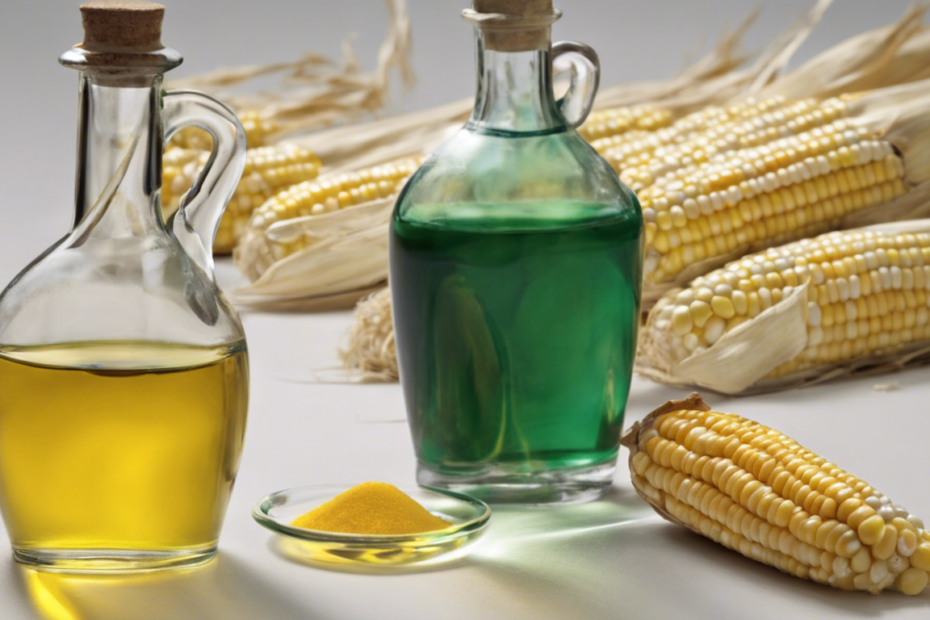When it comes to cooking oils, many of us reach for familiar brands without a second thought.
One such staple is Mazola Corn Oil, but have you ever stopped to consider whether it’s the healthiest option for your kitchen?
In this article, we’ll dive into the nutritional profile of Mazola Corn Oil, explore some health concerns associated with its consumption, and discuss healthier alternatives that could elevate your culinary game without compromising your well-being.
Let’s uncover the truth together!
Alternatives to Mazola Corn Oil for Better Health
If you’re wondering, ‘Is Mazola corn oil bad for you?’ you might be keen on exploring healthier alternatives that can spice up your cooking while being friendly to your body.
One great option is extra virgin olive oil, which is loaded with antioxidants and healthy fats that are known to support heart health.
Another star in the lineup is avocado oil, which not only brings a rich, buttery flavor to your dishes but is also high in monounsaturated fats.
If you’re looking for something with a bit of a kick, consider coconut oil; it has been praised for its potential metabolism-boosting properties.
For those who enjoy frying, grapeseed oil is a wonderful alternative because of its high smoke point and neutral taste.
Lastly, for a nutty twist, sesame oil is perfect for stir-fries and dressings, all while adding a unique flavor profile and healthy polyunsaturated fats.
Making simple swaps like these can help you steer clear of Mazola corn oil while still enjoying your meals to the fullest!
Frequently Asked Questions
What is the nutritional profile of Mazola Corn Oil?
Mazola Corn Oil is primarily composed of polyunsaturated fats, particularly omega-6 fatty acids, and contains minimal saturated fats.
It’s also a source of vitamin E, but it lacks essential nutrients found in other oils.
Are there any health concerns related to consuming Mazola Corn Oil?
Yes, some health concerns include its high omega-6 fatty acid content, which can promote inflammation if overconsumed, and the potential presence of trans fats due to processing.
Excessive consumption may also displace healthier fats from the diet.
What are some healthier alternatives to Mazola Corn Oil?
Healthier alternatives include olive oil, avocado oil, and coconut oil.
These oils offer better nutritional benefits and are often recommended for cooking and salad dressings.
Can I use Mazola Corn Oil for cooking?
Yes, Mazola Corn Oil can be used for cooking due to its high smoke point, making it suitable for frying and sautéing.
However, considering its health implications, you might want to limit its usage.
How do I choose a cooking oil that’s better for my health?
Look for oils that are high in monounsaturated fats, like olive oil or avocado oil, and low in omega-6 fatty acids.
Additionally, consider oils that are minimally processed and contain essential nutrients.
